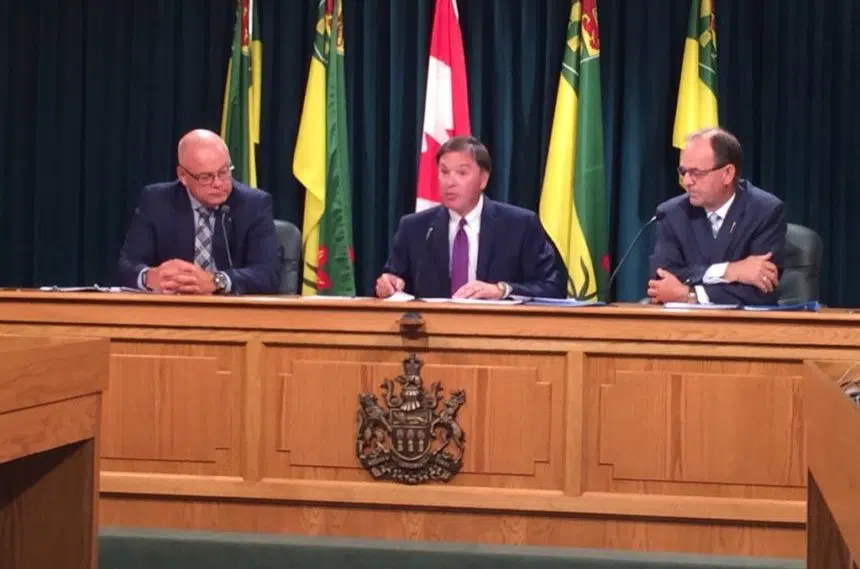
RCMP, SARM respond to new rural crime team
The Saskatchewan government’s new Protection and Response Team (PRT) will give increased authority to conservation officers and highway traffic officers.
Both will have the power to respond to emergency calls and make arrests in rural Saskatchewan.
“Why wouldn’t we get (the) closest response rather than trying to call somebody out and have a delayed response?” asked deputy minister of justice Dale McFee rhetorically.”The commonality of all three of those organizations is they all have red and blue lights, and there’s an expectation to the public when you see a red and blue light, that they can get help.”
Traffic officers will also be armed, joining their counterparts in conservation and policing. McFee argued the training for the three groups is similar.


